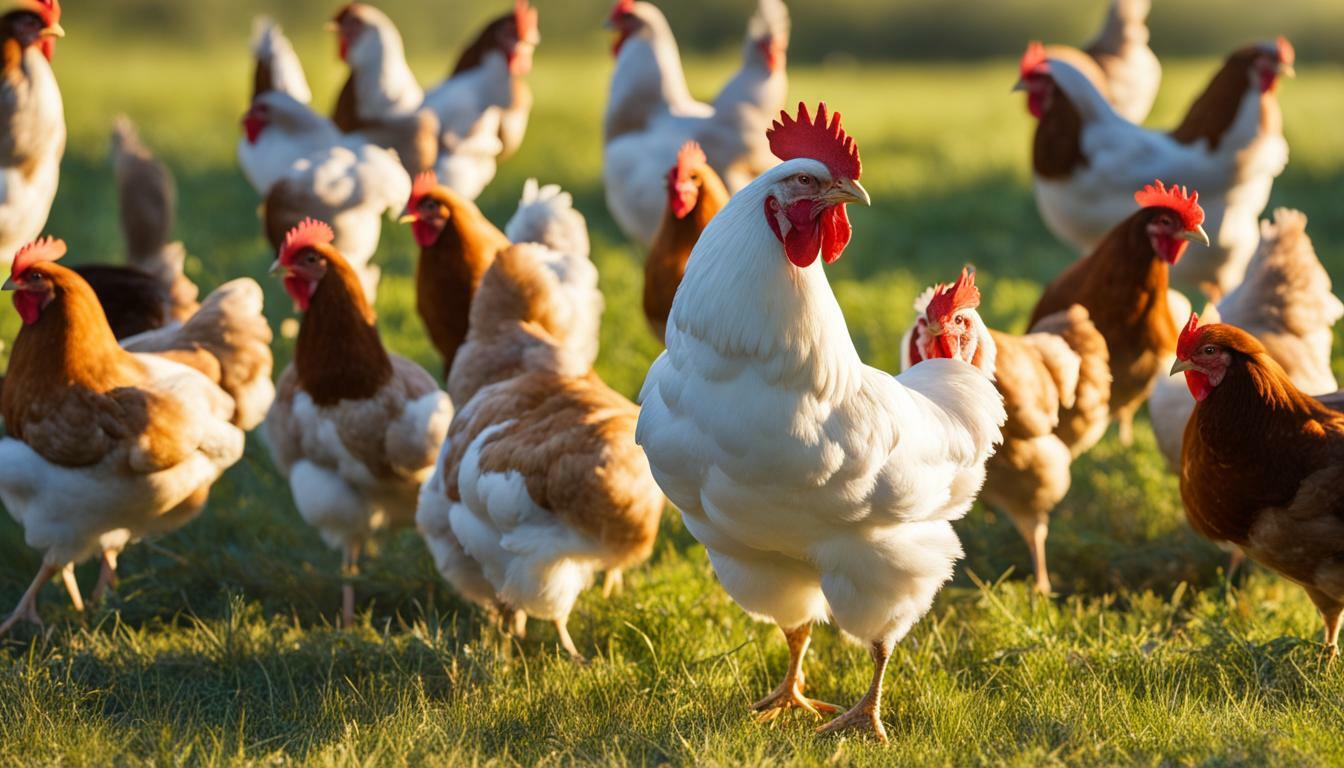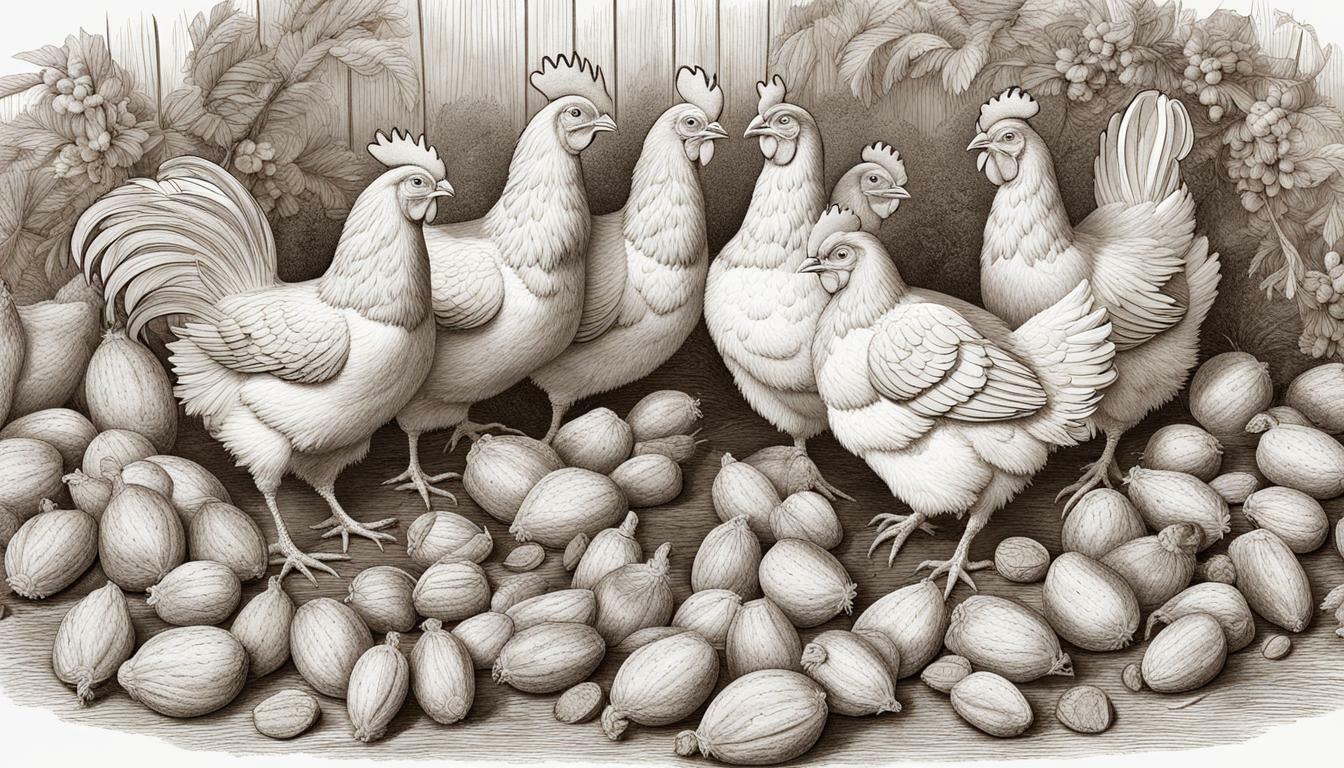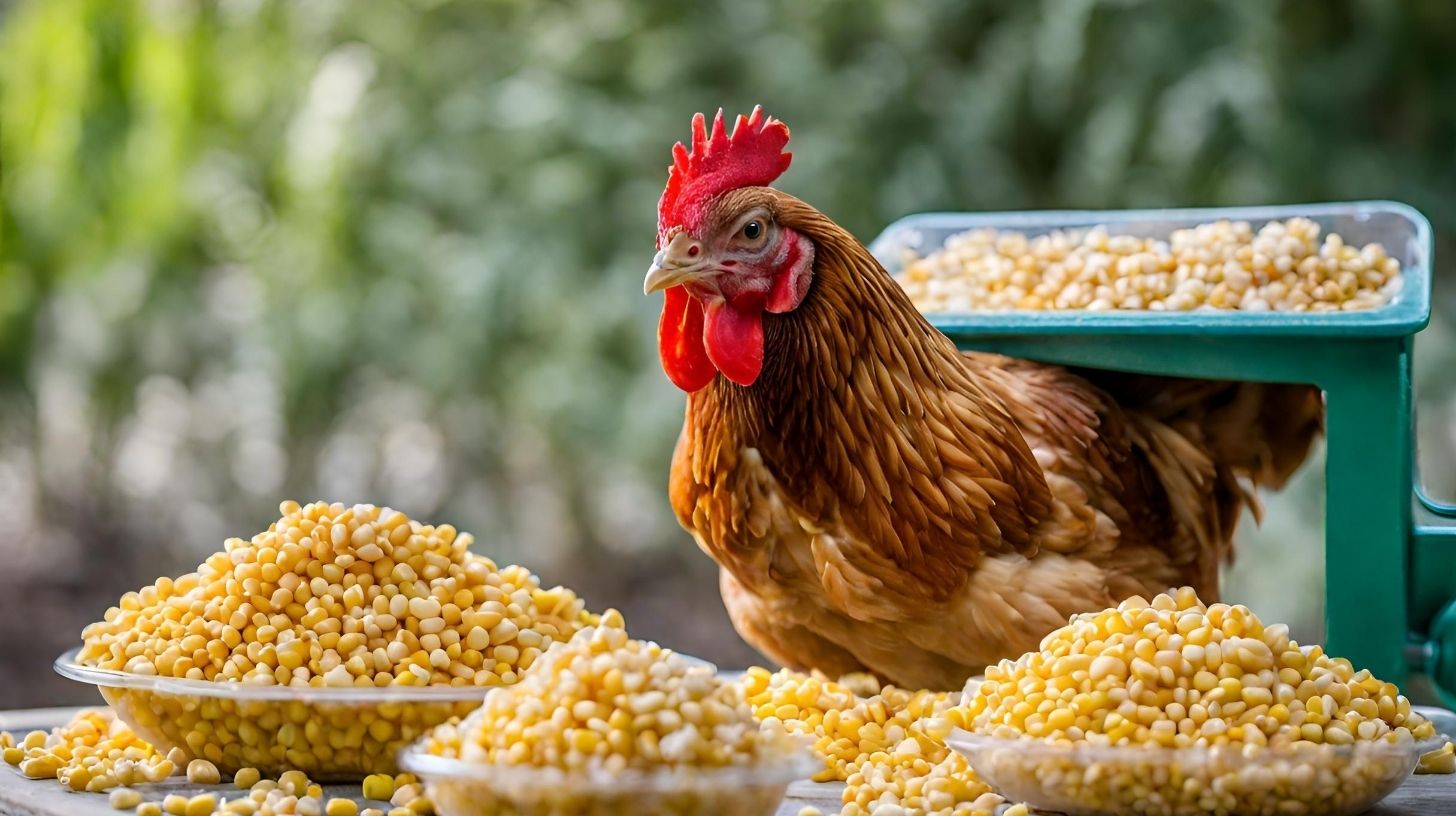Why Do Chickens Yawn?

Table of content:
Yawning is a common behavior seen in chickens that often leave owners curious about why chickens yawn. Understanding the reasons behind this peculiar behavior can give chicken owners insight into their birds’ health and wellbeing.
What Does Yawning Look Like in Chickens?
A yawn in chickens involves opening the beak wide and inhaling deeply, sometimes accompanied by closing the eyes. It is the same innate behavior seen in other animals including humans. Chickens may yawn singularly or repetitively in a yawning bout just like people do.
Yawning can occur in all types of chickens – hens, roosters, and chicks of all ages. It is most easily observed when chickens are resting or perching. Some may yawn wide with noise whereas others demonstrate silent yawning. Regardless of the appearance, a yawn signals that your chicken is in a relaxed, calm, or rested state.
Reasons Why Chickens Yawn
There are several theories proposed by poultry experts for why chickens yawn:
1. Yawning Induates Tiredness
One of the most common reasons for yawning in chickens is feeling tired or sleepy. Yawning and closing eyes are natural responses when a chicken’s body needs rest and wants to sleep.
Hens and roosters that get adequate sleep and rest at night are less likely to yawn frequently during the daytime. Chickens that are inactive or confined in coops with less stimulation yawn more often out of boredom and tiredness. Free-range chickens that get more exercise may yawn less.
2. Yawning Signals Boredom
Chicken yawning can also be a sign of boredom, particularly in captive chickens without stimulation. In nature, chickens spend most of their active time scratching, foraging, walking, roosting, dust bathing, and socializing. Chickens yawn when they lack activities and mental stimulation.
Providing an enriched environment with perches, nest boxes, and litter for scratching reduces boredom. Allowing access to the outdoors and establishing a flock for social interaction also keeps chickens engaged and active.
3. Yawning Relieves Stress
Stress and anxiety in chickens can also cause excessive yawning. Yawning helps chickens relax and release tension. Stressors like loud noises, confinement, change in environment, illness, pain, or fear can prompt yawning. Ensuring low-stress handling and living conditions minimizes yawning from stress.
4. Yawning Cools Chickens
Through deep inhalation, yawning brings cooler air into a chicken’s respiratory system and lowers body temperature. Chickens do not sweat like humans. Yawning may help chickens dissipate heat and prevent overheating in hot weather.
Ensuring adequate shade, ventilation, and cool drinking water reduces yawning from heat stress. Yawning to cool down tends to be more common in hot climates.
5. Yawning Indicates Illness
Frequent yawning can signal an underlying health issue in chickens. Excessive yawning may occur with:
- Respiratory infections – The exertion and expanded lungs aid breathing.
- Gapeworm -parasites irritate the trachea and cause gaping.
- Nutritional deficiencies – like calcium, vitamin D, or manganese.
- Toxins – yawning is a response to toxins like mycotoxins in feed.
If chickens are yawning repeatedly for no reason, monitor for other signs of illness and contact a veterinarian. Treating any health issues can minimize unnecessary yawning.
6. Yawning Prepares Chickens for Sleep
Many experts consider yawning a preparatory behavior before sleep. The deep inhalation of a yawn circulates more oxygen to the brain and body. The brain requires extra oxygenation to transition into slumber. A yawn acts as a signal that the body is ready for sleep.
7. Yawning Synchronizes the Flock
In a flock environment, yawning can spread quickly from one chicken to another. This yawning contagion helps synchronize chickens and gets their circadian rhythms in sync for communal resting and sleep times. It is a social cue that alerts the flock it’s time to settle down.
8. Chicks Yawn in the Egg
Interestingly, researchers have discovered that chicks yawn even before hatching! Towards the end of incubation, a combination of maturing respiratory and nervous systems allows yawning in the shell. Unhatched embryos require more oxygenation and practice breathing in preparation to hatch.
9. Yawning Reflex Develops Early
Yawning begins early on in chickens. Newly hatched chicks yawn immediately and express the reflex through the first weeks of life. Like humans, the young yawn more frequently as the nervous system matures. Yawning helps develop and strengthen a chick’s respiratory muscles.
Do Roosters or Hens Yawn More?
Observations show roosters may yawn more often than hens. The reasons are unclear but could relate to physiology or hormones. Testosterone may influence yawning. Since roosters are more vigilant and alert for the flock, they may experience greater fatigue and boredom. Larger combs and wattles also make roosters more prone to heat stress and yawning to cool down. However, hens are also certainly capable of yawning just as much when tired, bored, or overheated.
Is Frequent Yawning in Chickens Problematic?
Occasional yawning is normal chicken behavior. However, excessive yawning can signal an underlying welfare issue. Chicken owners should monitor for common triggers like:
- Insufficient sleep
- Inadequate coop conditions
- Lack of stimulation and activity
- Heat stress
- Fear, stress, or anxiety
- Illness or respiratory issues
Troubleshooting yawning causes and addressing them will improve the bird’s wellbeing. Consulting an avian veterinarian can help diagnose and treat any illnesses related to excessive yawning.
Tips to Handle Excessive Yawning in Chickens
Chicken owners can use these simple tips to minimize unnecessary yawning:
- Ensure adequate darkened sleeping quarters – Allow at least 8 hours of nightly rest.
- Provide enriching activities – Perches, dust baths, nesting areas, and foraging.
- Enable outdoor access– Free-range time reduces boredom.
- Establish proper flock density– Reduce crowding and stress.
- Maintain good ventilation and climate control– Prevent overheating and respiratory issues.
- Check for illness and parasites– Treat any infections or infestations.
- Get yearly flock vet checkups– For wellness exams and early disease detection.
- Stay attentive to their needs – Notice yawning triggers and make improvements.
Final Thoughts
Yawning is a fact of life for chickens as it is for people. Paying attention to yawning patterns provides meaningful insight into a chicken’s health and welfare. While occasional yawning is nothing to worry about, excessive yawning merits attention. Addressing the root cause of frequent yawning enhances chicken’s quality of life so they stay active, comfortable, and healthy. Understanding why chickens yawn better equips owners to meet their needs.
Welcome. I’m Adreena Shanum, the proud owner of this website, and I am incredibly passionate about animals, especially poultry. I founded adreenapets.com as a labor of love, stemming from my desire to share my knowledge and experiences with poultry enthusiasts worldwide.



